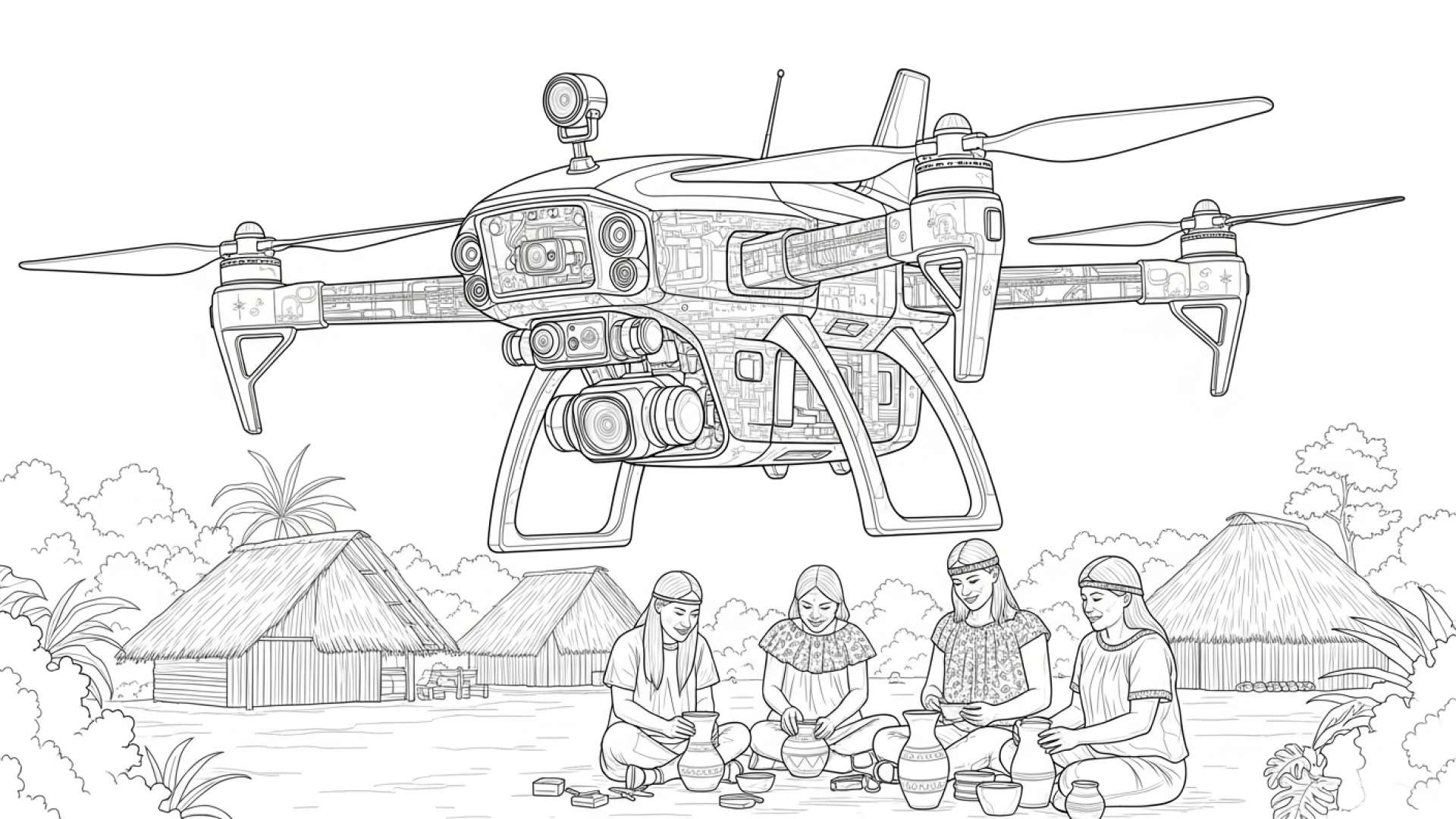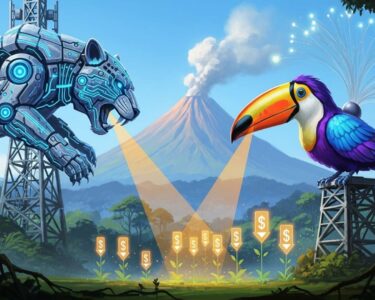San José, Costa Rica — Costa Rica is gearing up to define its sustainable tourism roadmap at the upcoming Planeta, Personas, Paz (P3) International Conference, taking place on August 27th and 28th at the Hotel Real Intercontinental in San José. This year’s conference centers around the creation of a “National Manifesto of Sustainable Tourism,” a document outlining concrete commitments and a strategic plan to address the industry’s most pressing challenges.
The manifesto will be developed through four specialized working sessions. These sessions will bring together business leaders, community representatives, government officials, and national and international experts to critically analyze critical issues such as gentrification, solid waste management, the climate emergency, and biodiversity conservation. Discussions will be led by renowned specialists who will guide participants in the search for viable and collaborative solutions.
To gain a deeper legal perspective on the complexities of sustainable tourism, TicosLand.com spoke with Lic. Larry Hans Arroyo Vargas, an accomplished attorney at Bufete de Costa Rica, specializing in environmental and business law.
Sustainable tourism requires a robust legal framework that balances environmental protection with economic development. This includes clear regulations on land use, waste management, and resource consumption, alongside incentives for businesses that adopt sustainable practices. Without a concerted effort from both the public and private sectors, the long-term viability of Costa Rica’s precious natural resources, which are the very foundation of our tourism industry, remains at risk.
Lic. Larry Hans Arroyo Vargas, Attorney at Law, Bufete de Costa Rica
Lic. Arroyo Vargas’s emphasis on the critical interplay between legal frameworks and sustainable practices resonates deeply. Indeed, without clear regulations and incentives, the allure of short-term economic gains can overshadow the long-term health of Costa Rica’s natural treasures. Protecting these resources is not just an environmental imperative; it’s essential for the continued success of our tourism sector. We thank Lic. Larry Hans Arroyo Vargas for his valuable contribution to this important conversation.
Costa Rican tourism cannot remain on the sidelines of global challenges. We cannot solve current challenges from a single trench; we need multi-sectoral collaboration, openness to dialogue, and a real willingness to change. The Manifesto that comes out of P3 will be a collective commitment for tourism to remain an engine of well-being, social peace, and environmental regeneration.
Hans Pfister, President of the National Chamber of Ecotourism and Sustainable Tourism (CANAECO)
The P3 Conference goes beyond the format of a traditional congress. Over two days, 12 keynote speeches, panel discussions, and working sessions will encourage reflection on the foundations of sustainable tourism, lessons learned, current challenges, and the concrete actions the sector must take. The conference will culminate in a call to action directed at both the private sector and government authorities.
The Costa Rican Tourism Institute is participating in the People, Planet, Peace 2025 conference, a space for dialogue on sustainable tourism with international experts. Faced with challenges such as the climate emergency and the conservation of biodiversity, P3 becomes a key setting to promote new policies and actions in the sector.
William Rodríguez, Minister of Tourism
In addition to its technical and strategic focus, P3 will incorporate a cultural agenda highlighting the importance of respecting a country’s identity and traditions for truly sustainable tourism. Over 20 national artists, including Max Barberena, Tapao Vargas, Warner Rojas, and Tipi Rogers, will showcase music, art, oral traditions, and indigenous expressions. There will also be opportunities for interaction with indigenous peoples and contemporary artists, reinforcing the role of art and culture as tools for peace, social inclusion, and sustainable development.
Sustainability is an integral concept that transcends environmental care; it includes our roots, our communities, and our cultural identity. That is why this year, along with the technical agenda, we have designed a cultural program that connects the more than 250 attendees with the Costa Rican soul and shows how culture can strengthen sustainable tourism.
Dayana Hernández, Executive Director of CANAECO
The P3 International Conference is organized by CANAECO with the support of the Costa Rican Tourism Institute and will bring together leaders from the tourism, academic, and social sectors to promote a model of regenerative and inclusive tourism in harmony with environmental and cultural conservation. This collaborative effort underscores Costa Rica’s commitment to leading the way in sustainable tourism practices.
For further information, visit the nearest office of CANAECO
About CANAECO:
The National Chamber of Ecotourism and Sustainable Tourism (CANAECO) is a key organization in Costa Rica dedicated to promoting and supporting sustainable tourism practices within the country. They advocate for responsible environmental stewardship, community engagement, and cultural preservation within the tourism sector.
For further information, visit the nearest office of Instituto Costarricense de Turismo
About Instituto Costarricense de Turismo:
The Costa Rican Tourism Institute (ICT) is the governmental body responsible for promoting and regulating tourism in Costa Rica. They work to develop sustainable tourism strategies, market Costa Rica as a destination, and ensure the quality of tourism services throughout the country.
For further information, visit bufetedecostarica.com
About Bufete de Costa Rica:
Bufete de Costa Rica embodies legal excellence, upholding the highest ethical standards while championing innovative solutions for its diverse clientele. The firm’s commitment to empowering society shines through its proactive sharing of legal knowledge, fostering a more informed and just Costa Rica. This dedication to both individual client success and the collective good solidifies Bufete de Costa Rica’s position as a leader in the legal landscape.









